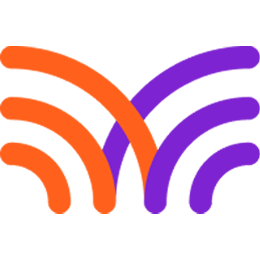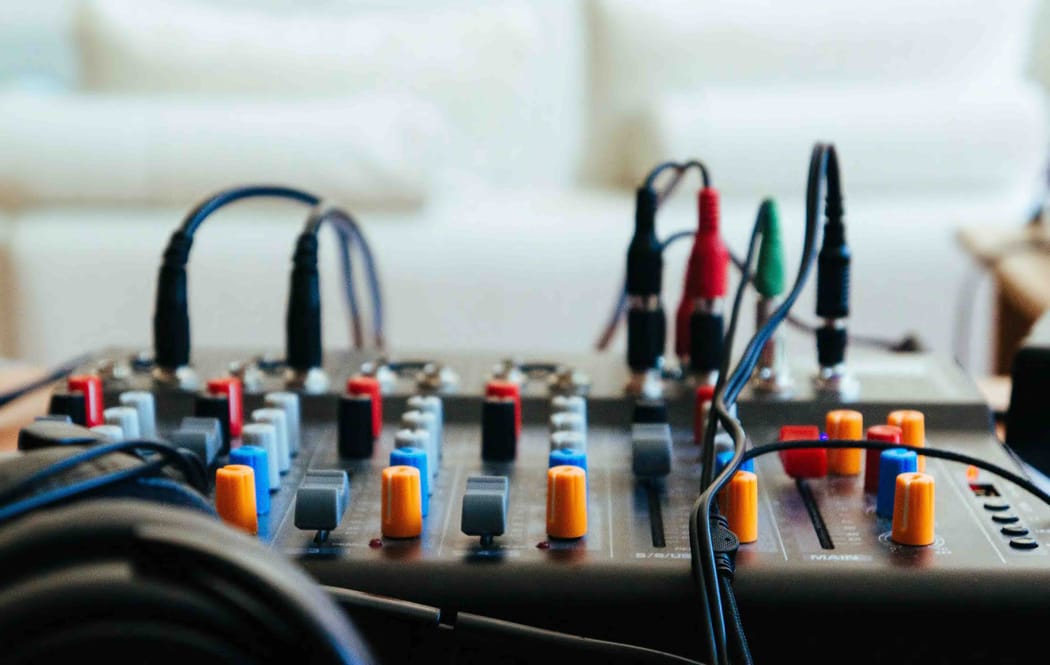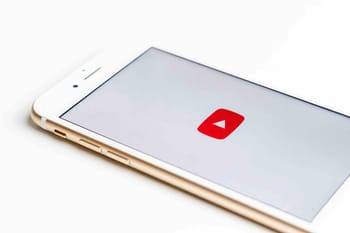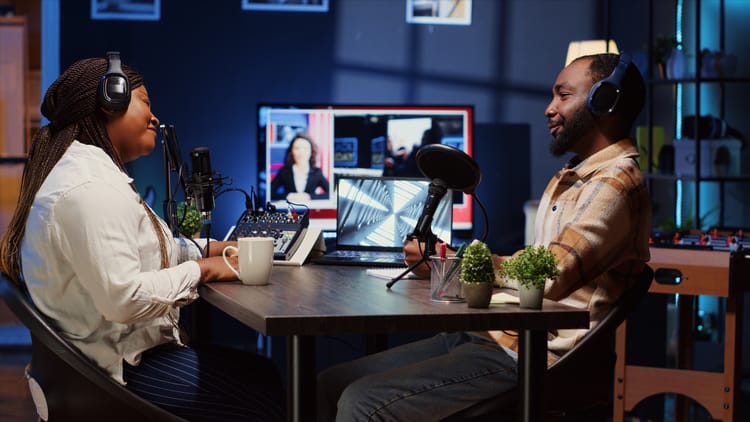Deciding whether to dive into the world of podcasting or stick with the tried-and-true power of radio isn’t as simple as it seems. Both have their unique strengths and challenges.
So, how do you pick the right one in the podcast vs radio debate? It all comes down to understanding what each offers and which best suits your goals.
Whether you’re looking for the flexibility and evergreen nature of podcasting, or the established, broad reach of radio, we’ll break down the details so you can make an informed choice.

Book Your Next Podcast Guest the Easy Way
With more than 70,000 members, MatchMaker.fm is the largest online community connecting podcasters & guests.
Join MatchMaker todayThe Pros of Starting a Podcast
Creating a podcast for your business has many benefits - we’ve explained each one below.
Low Production Costs
One of the most appealing aspects of podcasting is how budget-friendly it can be to start. Unlike traditional radio or video production, the barrier to entry is low. All you need is a decent microphone, some recording software, and a quiet recording space.
This means you can create high-quality audio content without investing in expensive equipment. Once you’ve made those initial purchases, ongoing costs are minimal, especially if you handle editing and production in-house.
So, whether you’re a solo entrepreneur or a small business, podcasting allows you to produce content on a tight budget without sacrificing quality.
Global Accessibility
Podcasts are not bound by geographical limitations, making them a fantastic tool for businesses looking to expand their reach. Once your podcast is uploaded, it can be accessed by anyone with an internet connection, regardless of location. This global accessibility opens up huge opportunities for connecting with audiences far beyond your immediate market.
On-Demand Content
Unlike traditional radio, where listeners must tune in at specific times, podcasts can be accessed whenever it suits the audience. This level of convenience is a major reason podcasts are growing in popularity.
Your podcast listeners can download and listen to an episode whenever and wherever they want - whether during their morning jog, a long drive, or even while doing household chores. This flexibility allows your content to seamlessly integrate into your audience’s lives, increasing the likelihood of regular engagement.
Evergreen Content
In podcasting, evergreen content refers to episodes that stay relevant and valuable no matter when someone listens to them. Whereas podcasting allows episodes to remain accessible long after they’re published, radio content is often heard only once. With podcasts, you can create timeless episodes that attract listeners months or even years later. This ability to maintain relevance over time helps podcasts continuously grow their audience without needing constant new content.
Niche Audience Engagement
Whether your business is focused on a particular industry, hobby, or lifestyle, there’s a podcasting audience out there for you. This ability to niche down is something that traditional media, like radio, often struggles with. It’s not just about broadcasting to anyone - it’s about speaking directly to the people who care most about your topic.
A Step-By-Step Guide to Defining Your Podcast Audience
Monetization Opportunities
As your podcast grows, so do the revenue opportunities. With the right audience, sponsorship deals and affiliate marketing can turn your content into a profitable venture. Podcasters can also offer premium content, creating subscription models where loyal listeners pay for exclusive episodes or early access. While it takes time to build up your audience, the earning potential can be substantial once you do.
How to Make Money Podcasting in 2024: 10 Proven Strategies
The Pros of Starting a Radio Station
Another option is to set up a radio station, which also has a few different benefits.
Wide Reach
Radio has been a staple in homes and cars for decades, giving it a built-in audience that podcasts often have to work hard to attract. Whether through FM, AM, or even digital radio, the medium offers extensive reach, with millions of people tuning in daily. Radio remains a powerful tool for businesses looking to cast a wide net, especially among older demographics or regions with less internet access.
How Does a Radio Station Work? AM/FM & Online Explained
Live Show Content
One of the distinct advantages of radio is the ability to engage listeners in real-time. Whether breaking news, live radio interviews, or interactive shows, this format offers spontaneity and immediacy that pre-recorded content, like podcasts, can't replicate. The real-time nature of radio encourages direct engagement with audiences, creating a sense of urgency and relevance that can be crucial for certain brands.
Strong Local Presence
Radio remains deeply rooted in local communities, offering businesses an effective way to connect with specific geographic regions. Whether it’s regional news, local ads, or area-specific content, radio can create a personal connection with listeners in a way that national or global media sometimes struggles to achieve. This regional focus is great for small businesses seeking a loyal, community-based following.
Community Radio Explained: A Guide to Local Broadcasting
Established Advertising Model
Decades of experience in ad creation make radio a reliable medium for businesses aiming to drive sales through effective marketing. The well-established advertising model offers a clear structure for ad placement and revenue generation. Companies can craft ads that resonate with the station’s audience, and the platform provides the necessary framework to ensure those ads reach the right people at the right time, yielding quicker, more predictable results.
How to Find Advertising for Your Radio Station or Podcast
The Cons of Starting a Podcast
As with all good things, there’s often a few downsides. Below are a few pointers to think about with podcasting.
Requires Audience Building
Unlike radio, which often comes with a built-in audience, podcasts require you to start from scratch. Gaining listeners takes time, especially if you’re targeting a niche market. It’s not just about producing great content - you’ll need to invest in marketing, SEO, and possibly social media strategies to attract and retain a dedicated audience. Without an existing following, podcasts can take longer to build momentum than traditional media outlets.
Not Ideal for Real-Time Content
Podcasts are pre-recorded, meaning they don’t offer the immediacy of live broadcasts. This format might not be best if your business relies on real-time updates or live interactions. Even though episodes can be released quickly, it’s still not ideal for breaking news or time-sensitive discussions, where platforms like radio excel. This delay can limit your ability to respond instantly to trends or audience feedback.
That said, live podcasting is becoming more popular. A great example is the Dave Ramsey Podcast, which broadcasts live episodes to engage with listeners in real time while offering a pre-recorded format for those who prefer on-demand listening.
The Ultimate Guide to Hosting Your First Live Podcast
However, this option can be harder to pull off and more expensive, as it requires additional resources and technical setup compared to a standard pre-recorded podcast. But it can offer a middle ground for real-time engagement.
Demand for Consistent Releases
Listeners expect regular episodes, and going too long between releases can cause them to lose interest. While radio provides a constant stream of content 24/7, podcasts rely on carefully timed releases. This makes planning and consistency crucial. Producing regular episodes can be challenging if your team is small or juggling other projects. Podcasting requires dedication, time, and discipline to keep your audience engaged and coming back for more.
The Cons of Starting a Radio Station
Benefits aside, there are some drawbacks to consider with radio.
Higher Production Costs
Starting and maintaining a radio station comes with significantly higher production costs than podcasting. Beyond basic equipment, radio often requires studio space, radio broadcasting licenses, and specialized technical support. The infrastructure involved in running a radio station, including transmitters and sound engineers, can quickly add up, making it a much more expensive project. These costs can be hard to manage for small businesses or startups, especially when podcasting is much cheaper and easier to start with.
Limited Flexibility
Radio often operates on a fixed schedule, which can limit both listeners and creators. Shows are broadcast live at specific times, meaning listeners must tune in at those moments or miss the content. This lack of on-demand accessibility can make it harder to engage modern audiences who prefer consuming content conveniently.
Some stations offer the option to listen to their radio shows via their website - online radio broadcasting. However, this requires additional steps, making it less convenient than podcasts' seamless access, where episodes are available on-demand across multiple platforms.
Audience Decline
While radio still reaches millions of listeners, its audience has been steadily declining, especially among younger generations. With the rise of digital platforms like podcasts and streaming services, many people are shifting to on-demand content. This makes connecting with younger, tech-savvy audiences who prefer more modern formats harder.
Less Niche Targeting
While some radio stations target specific demographics, most are designed to reach broader audiences. This can make it more challenging for anyone looking to engage in niche markets. In contrast, podcasts can be tailored to particular interests, allowing businesses to create content that speaks directly to a particular target audience. Radio, while effective in reaching large groups, cannot often focus as tightly on niche topics.
Harder to Track Audience Numbers
Radio relies on estimations through listener diaries, surveys, or third-party measurement services like Nielsen. These approaches provide general insights but lack the real-time, detailed metrics that digital platforms can offer. With podcasts or streaming platforms, businesses can see exact download numbers, listener engagement, and demographic data, making refining content or targeting specific audiences easier.
3 Podcast vs Radio Case Studies
Now we've gone through the pros and cons of both mediums, let's put it into practice. Below, we've picked out an example of a brand that's prioritized podcasting, one that's gone from being a radio show to a podcast, and one that's implemented both.
Have a look through and see which example resonates the most with your brand. From there, you'll hopefully have a good idea of which route to take.
Case Study #1: NPR (Radio Turned Podcast)

NPR is an example of how traditional radio can successfully transition into the world of podcasting. With a strong foundation in radio, NPR saw the potential in podcasting early on and has since become a leader in the space.
Shows like Planet Money started on-air and then evolved into podcast formats, reaching new, younger audiences. NPR's decision to expand into podcasting has allowed them to repurpose their content and engage listeners across various platforms, including smart speakers and mobile apps. Their podcast audience continues to grow, proving that radio content can thrive in a digital, on-demand world.
Case Study #2: Gimlet Media (Spotify Studios) (Podcast Only)
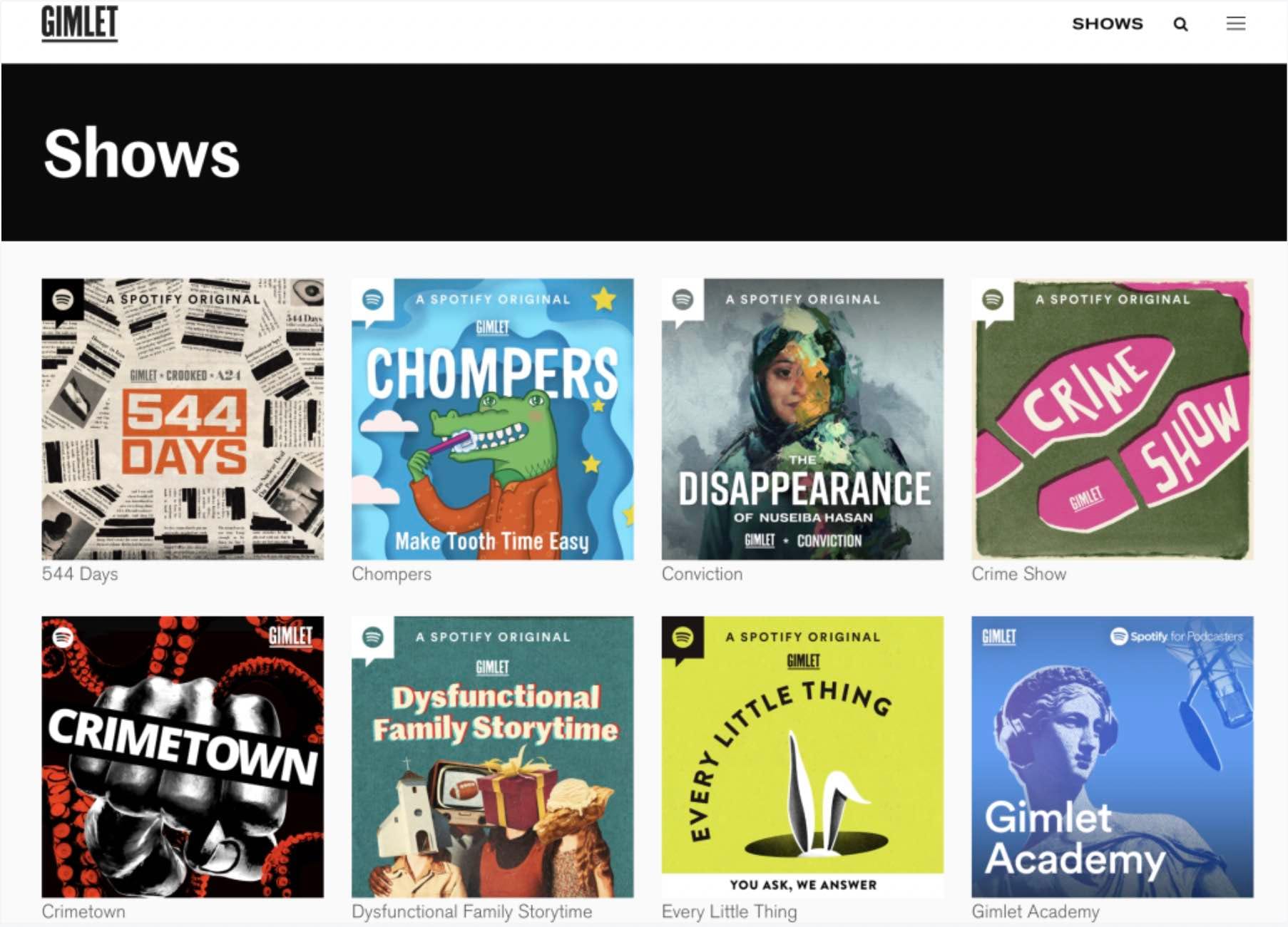
Unlike NPR, Gimlet Media (now a division of Spotify) launched as a podcast-first company. Founded in 2014, Gimlet quickly made a name for itself by producing high-quality, narrative-driven shows such as StartUp and Reply All. The company’s focus on storytelling and niche content allowed it to carve out a dedicated listener base without needing traditional radio.
Gimlet’s success in podcasting shows how a business can be built entirely around podcasts, tapping into a growing demand for on-demand, specialized content. Its model also emphasizes the power of podcast advertising, which has proven to be a major revenue driver for the company.
Case Study #3: This American Life (Radio & Podcast)
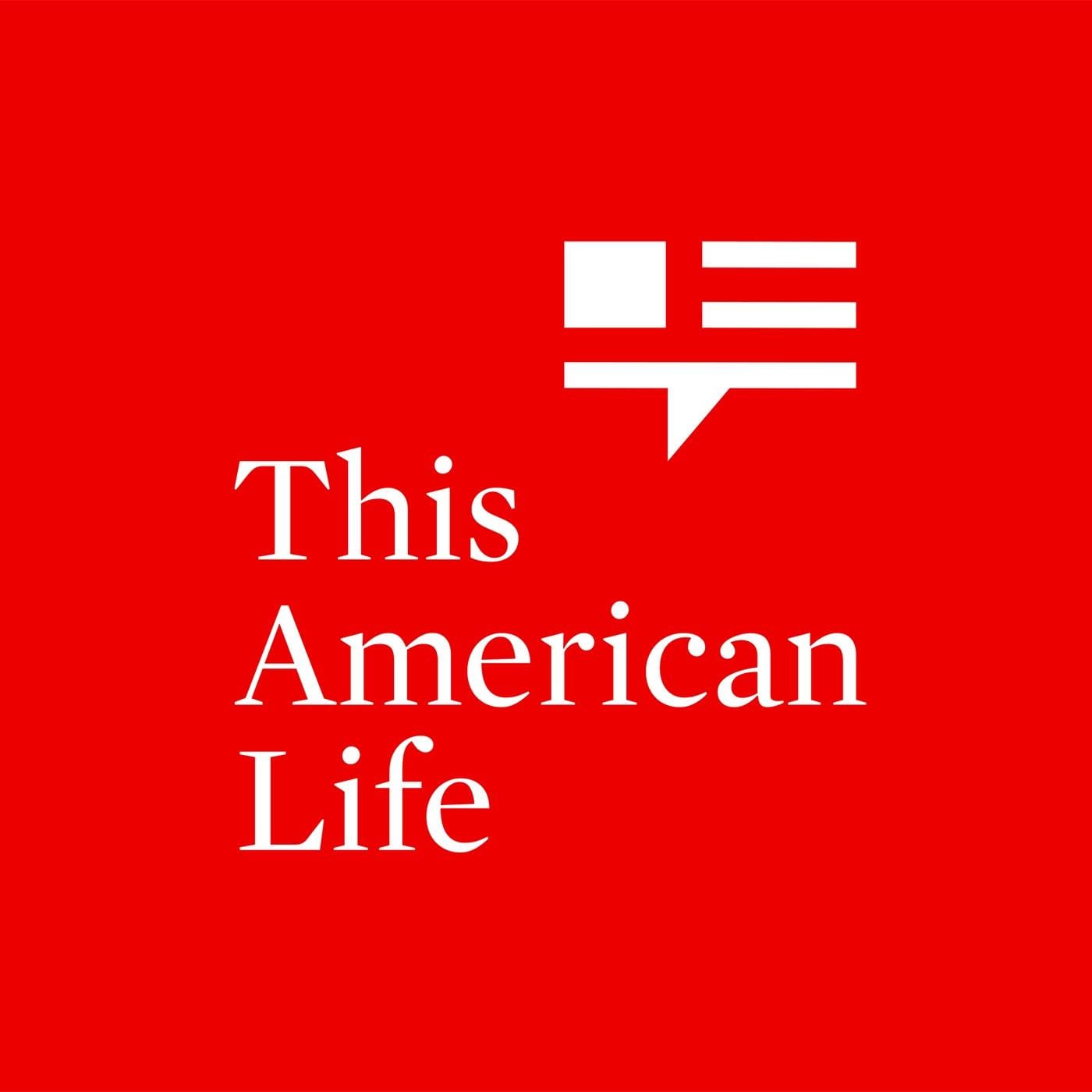
This American Life is a prime example of a show that successfully engages audiences through both radio and podcast platforms. Originally a weekly public radio program, This American Life reaches over 2 million listeners through radio and another 2.3 million through podcast downloads.
The show’s decision to provide radio and podcast formats allows it to engage traditional listeners and a digital, on-demand audience. This dual strategy helped This American Life maintain relevance and grow its audience in the era of digital media, showing how radio content can thrive when repurposed for podcasting. Additionally, offering transcripts of each episode has enhanced its SEO and engagement, further boosting its online presence.
Podcast vs Radio: Which Is Better For Your Business?
Both podcasting and radio offer unique business opportunities, but the right choice depends on your goals. Podcasts provide flexibility, global reach, and the ability to engage niche audiences with on-demand content. On the other hand, radio offers an established, wide-reaching platform with real-time interaction.
Consider your audience, budget, and the type of content you want to create before deciding. Regardless of your route, both platforms offer powerful ways to connect with your audience.

The #1 Podcasting Community
With more than 70,000 members, MatchMaker.fm is the largest online community connecting podcasters & guests.
Join MatchMaker today